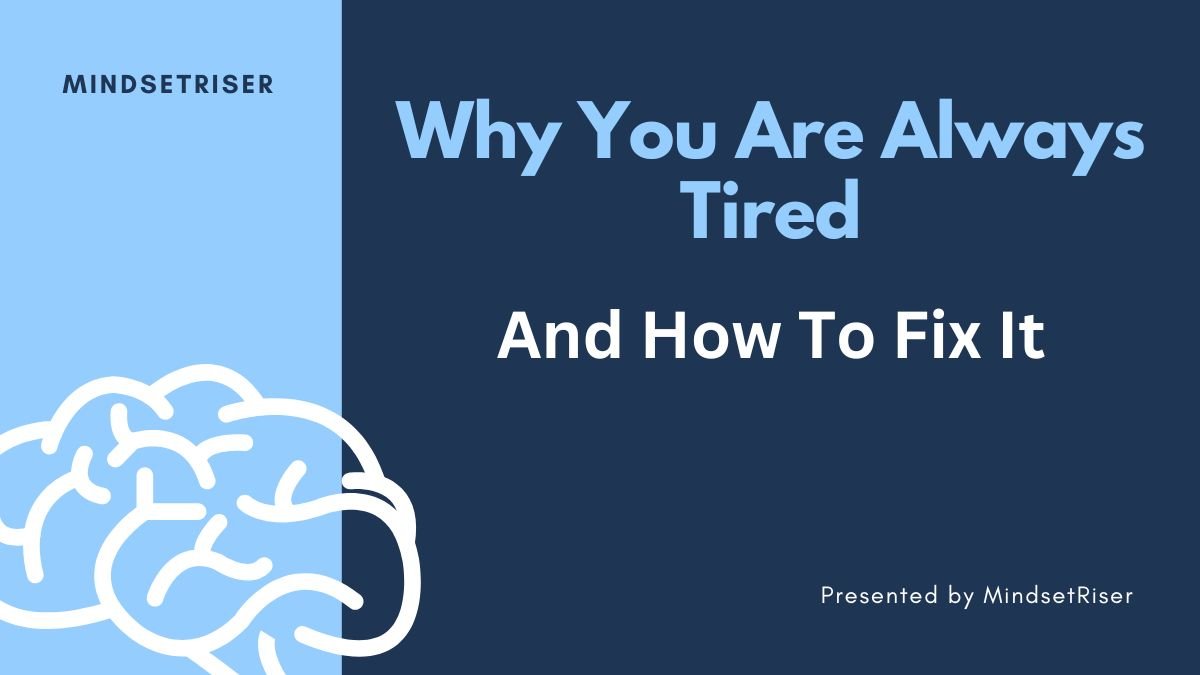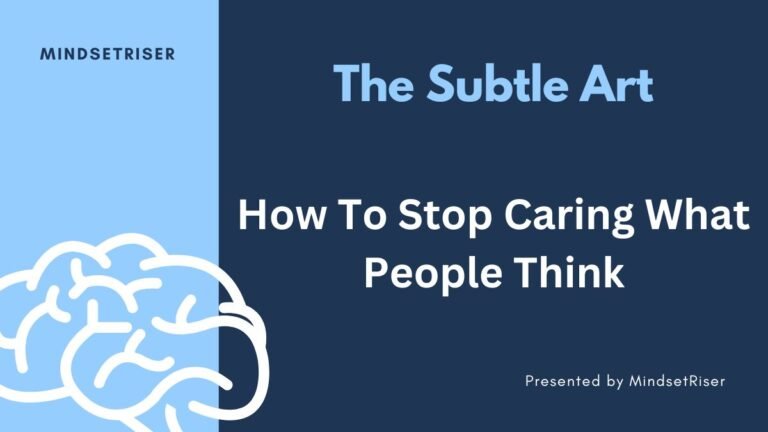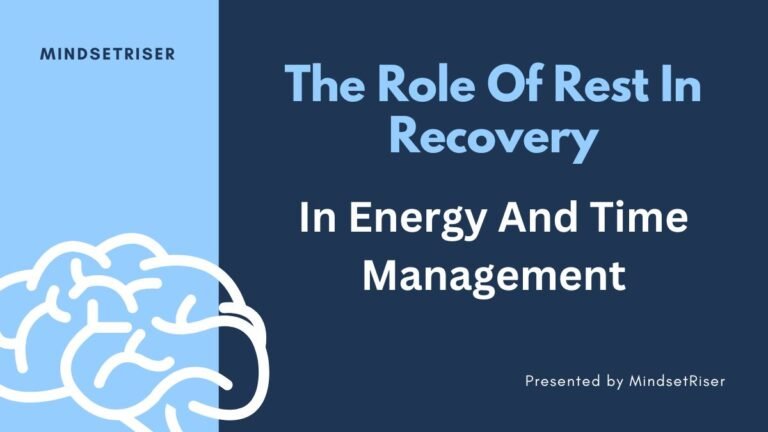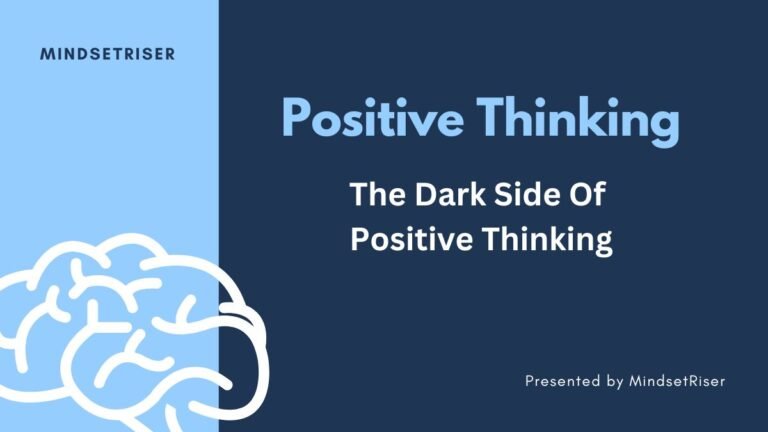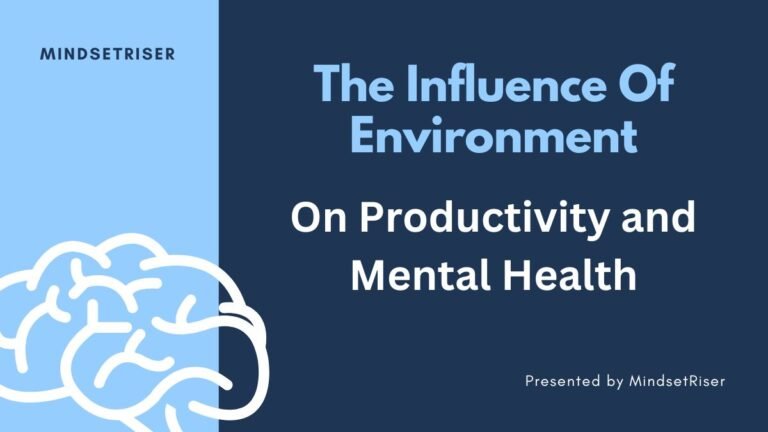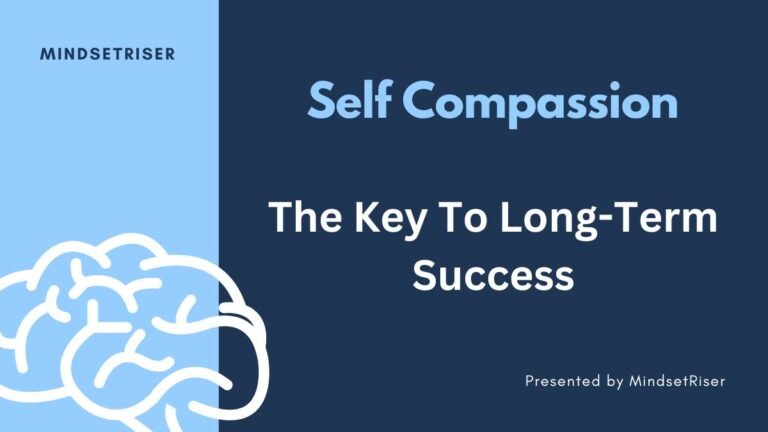Why You’re Always Tired (And How to Fix It)
Why You’re Always Tired (And How to Fix It) Feeling constantly tired and drained? You’re not alone. Many people experience chronic fatigue, which can impact productivity, mental clarity, and overall well-being. While it’s normal to feel tired after a long day of work, persistent tiredness is not something you should ignore. Understanding the reasons behind…
Why You’re Always Tired (And How to Fix It)
Feeling constantly tired and drained? You’re not alone. Many people experience chronic fatigue, which can impact productivity, mental clarity, and overall well-being. While it’s normal to feel tired after a long day of work, persistent tiredness is not something you should ignore. Understanding the reasons behind your tiredness is the first step in overcoming it.
In this article, we’ll explore the common causes of fatigue and offer practical tips on how to fix it so that you can regain your energy, boost your focus, and live life to the fullest.
Common Causes of Chronic Tiredness
1. Poor Sleep Quality
One of the most common reasons people feel tired all the time is poor sleep quality. It’s not just about how many hours you sleep but the quality of that sleep. Factors such as sleep apnea, frequent awakenings, or not reaching the deeper stages of sleep can leave you feeling exhausted, even after a full night’s rest.
How to Fix It:
- Stick to a regular sleep schedule: Go to bed and wake up at the same time each day, even on weekends.
- Create a sleep-friendly environment: Make sure your room is dark, quiet, and cool to promote restful sleep.
- Limit screen time: Avoid using electronics at least 30-60 minutes before bedtime to reduce the impact of blue light on your sleep.
2. Poor Diet and Nutrient Deficiency
A poor diet can significantly impact your energy levels. Eating too much processed food, sugar, or not getting enough essential nutrients can leave you feeling sluggish and tired. Deficiencies in vitamins like B12, iron, and vitamin D can also cause fatigue.
How to Fix It:
- Eat a balanced diet: Include a variety of nutrient-dense foods such as fruits, vegetables, lean proteins, and whole grains.
- Focus on iron-rich foods: Foods like spinach, red meat, and legumes can help combat iron deficiency.
- Stay hydrated: Dehydration is a common cause of tiredness, so make sure you drink enough water throughout the day.
3. Stress and Anxiety
Chronic stress and anxiety can leave you feeling mentally drained and physically tired. When you’re under stress, your body produces stress hormones like cortisol, which can disrupt sleep and increase feelings of fatigue. Constant worry or feeling overwhelmed can lead to emotional exhaustion, which affects your physical energy.
How to Fix It:
- Practice stress-reducing techniques: Activities like meditation, deep breathing, and yoga can help lower stress levels.
- Take breaks: Set aside time during the day to rest and recharge. A 10-15 minute walk can do wonders.
- Seek support: Talk to someone you trust about your worries, or consider seeing a therapist to address underlying anxiety.
4. Sedentary Lifestyle
Leading a sedentary lifestyle can make you feel sluggish and tired. Lack of physical activity can contribute to poor circulation, decreased muscle strength, and low energy levels. Ironically, the more inactive you are, the more tired you’ll feel.
How to Fix It:
- Get moving: Aim for at least 30 minutes of moderate exercise most days of the week. Activities like walking, jogging, swimming, or even dancing can boost your energy levels.
- Incorporate movement into your day: Take short breaks to stretch or walk around, especially if you have a desk job.
- Strengthen your muscles: Incorporate strength training exercises to build muscle and improve stamina.
5. Underlying Medical Conditions
Chronic fatigue can sometimes be a symptom of an underlying medical condition, such as hypothyroidism, diabetes, sleep apnea, or chronic fatigue syndrome. If you’re feeling persistently tired and none of the above solutions seem to help, it’s important to consult a healthcare provider to rule out any medical causes.
How to Fix It:
- Consult a doctor: If you suspect a medical condition, a doctor can run tests and offer proper diagnosis and treatment options.
- Get regular check-ups: Preventative healthcare is key to addressing potential issues before they become more serious.
Lifestyle Changes to Boost Your Energy
1. Manage Your Sleep Schedule
Sleep is crucial for overall health and energy. Creating a bedtime routine and adhering to a consistent sleep schedule can significantly improve your energy levels during the day.
- Avoid heavy meals or caffeine before bed: Eating or drinking caffeine too close to bedtime can disrupt your sleep cycle.
- Use a sleep tracker: Many devices and apps track your sleep patterns, helping you understand your sleep quality and make improvements.
2. Take Breaks and Rest Periods
Constantly pushing yourself without taking breaks can lead to burnout and fatigue. It’s important to rest and recharge throughout the day.
- Take a power nap: A 10-20 minute nap during the day can improve alertness and energy without interfering with nighttime sleep.
- Schedule “off” time: Set aside time in your day to relax and do something you enjoy, whether it’s reading a book, meditating, or taking a walk.
3. Reduce Caffeine and Sugar Intake
While caffeine and sugar may provide a temporary energy boost, they can cause energy crashes later in the day. Reducing your intake of stimulants and focusing on healthier energy sources can help maintain steady energy levels.
- Switch to herbal tea: Herbal teas like chamomile or peppermint can be soothing and calming without the negative side effects of caffeine.
- Avoid sugary snacks: Opt for healthier snacks such as nuts, fruits, and vegetables that provide lasting energy.
How to Know If Your Fatigue is Serious
While feeling tired occasionally is normal, chronic fatigue can sometimes signal a more serious problem. If you experience any of the following symptoms, it may be time to see a healthcare professional:
- Severe tiredness that doesn’t improve with rest
- Difficulty concentrating or thinking clearly
- Unexplained weight loss or gain
- Persistent aches and pains
- Sleep disturbances (e.g., insomnia or excessive sleeping)
Chronic fatigue should not be ignored, as it can impact your quality of life and may indicate an underlying health condition that requires medical attention.
Final Thoughts
Feeling constantly tired is a problem that can affect many aspects of your life, from your work to your personal relationships and overall happiness. By addressing the root causes of your fatigue—whether it’s poor sleep, stress, a sedentary lifestyle, or nutritional deficiencies—you can take steps to improve your energy levels.
Implementing simple lifestyle changes like improving your diet, exercising regularly, managing stress, and prioritizing sleep can make a huge difference in how you feel day-to-day. However, if your tiredness persists, it’s important to consult a doctor to rule out any underlying medical conditions.
Don’t let tiredness control your life—take action today to restore your energy and feel your best!

